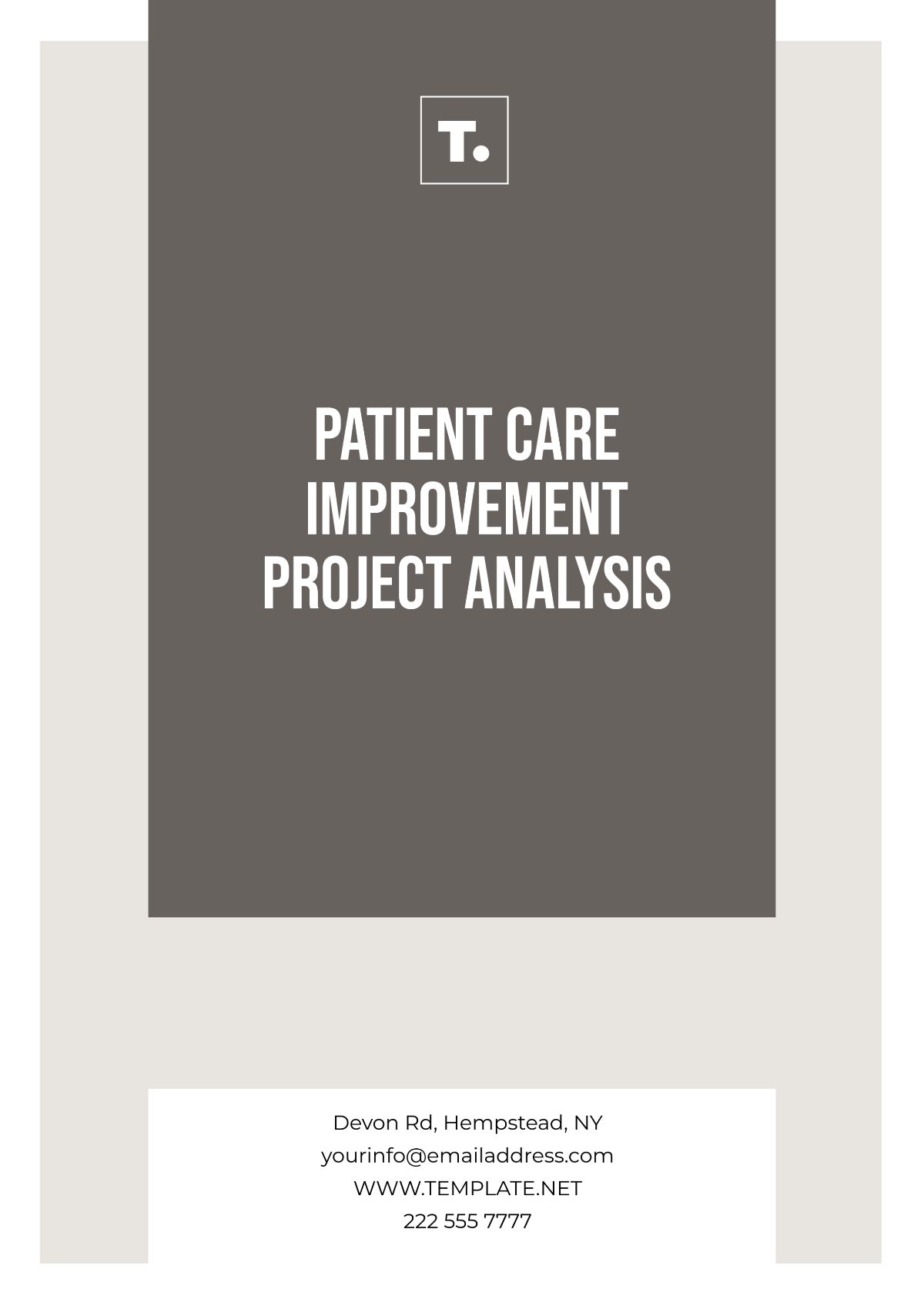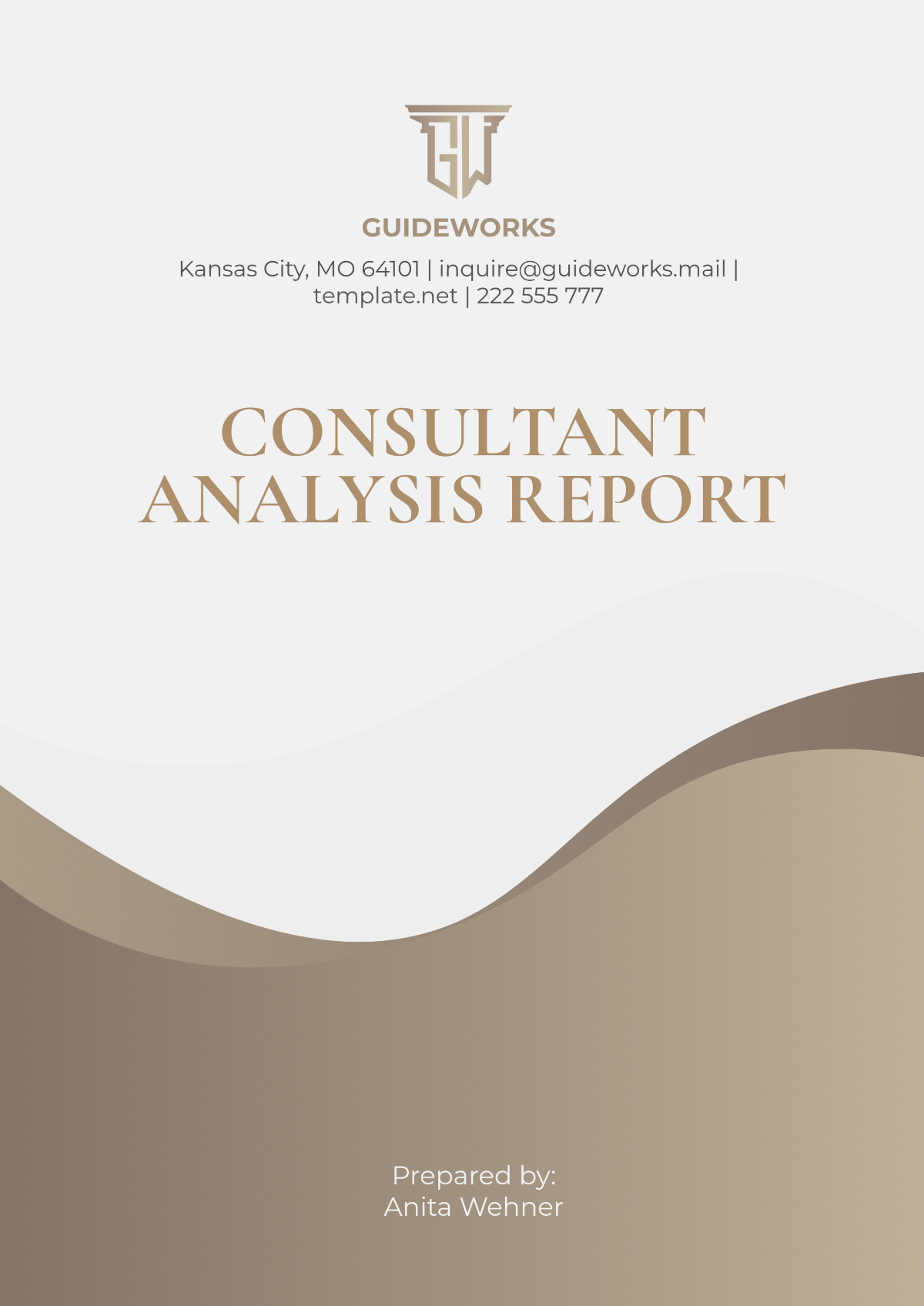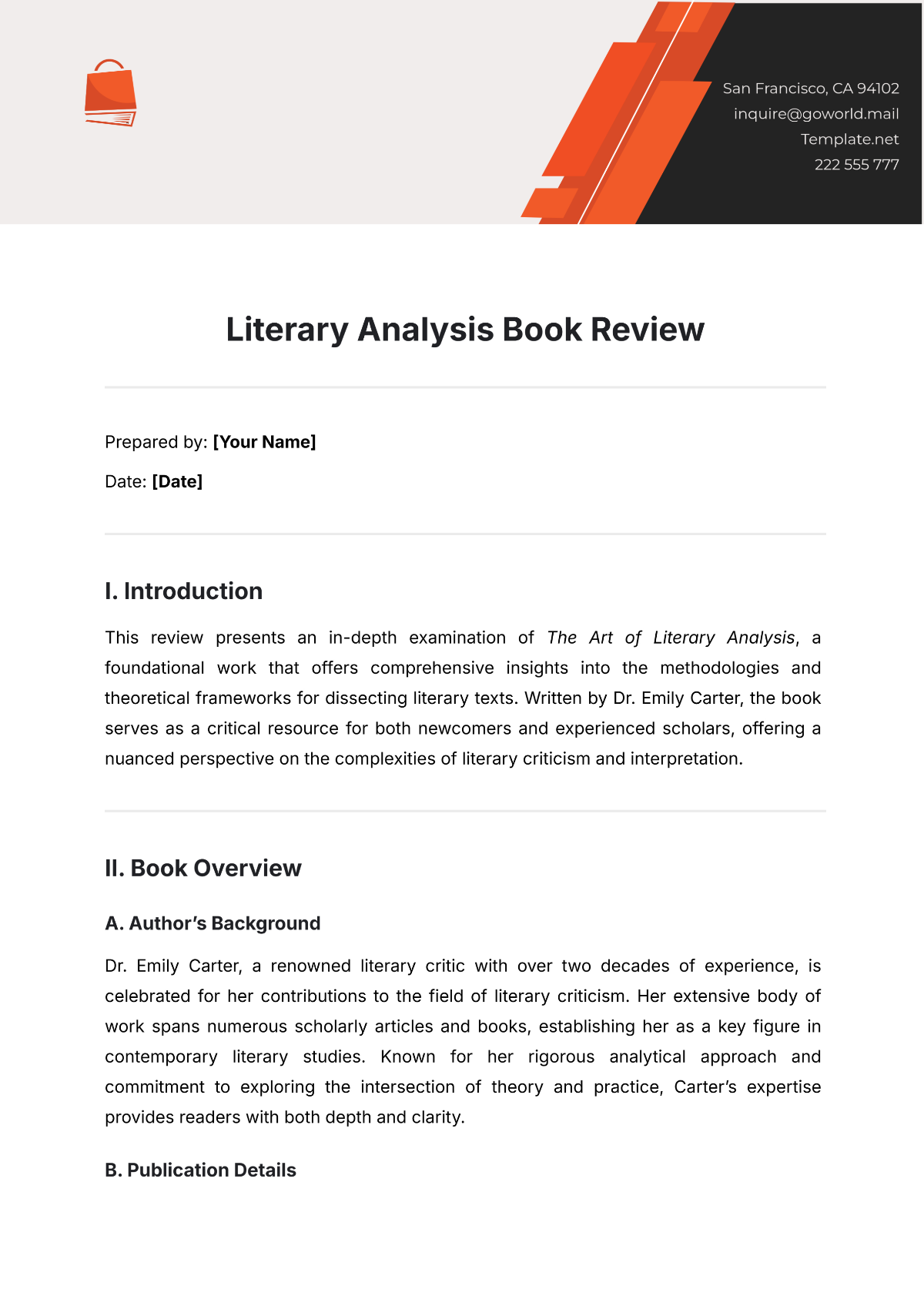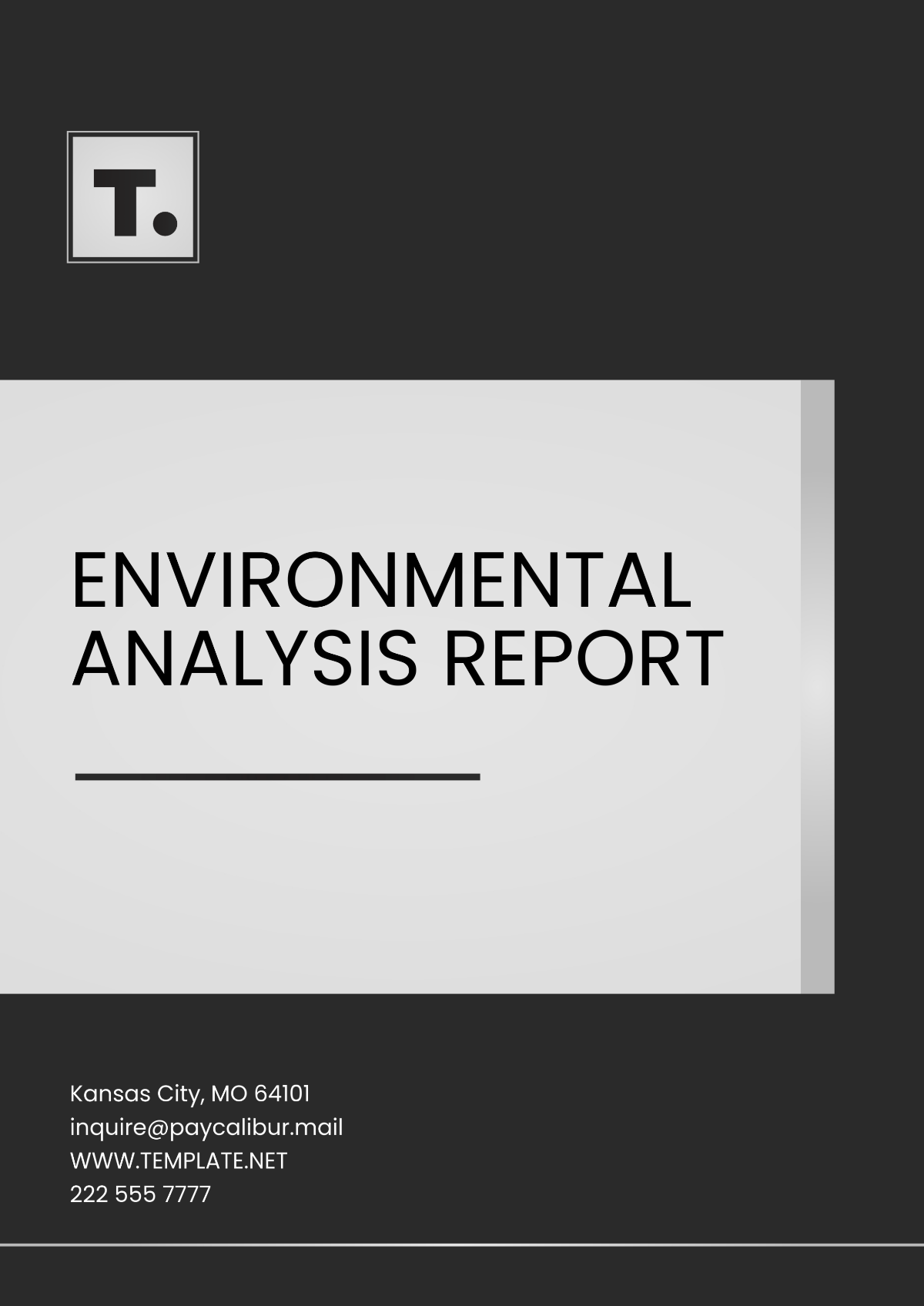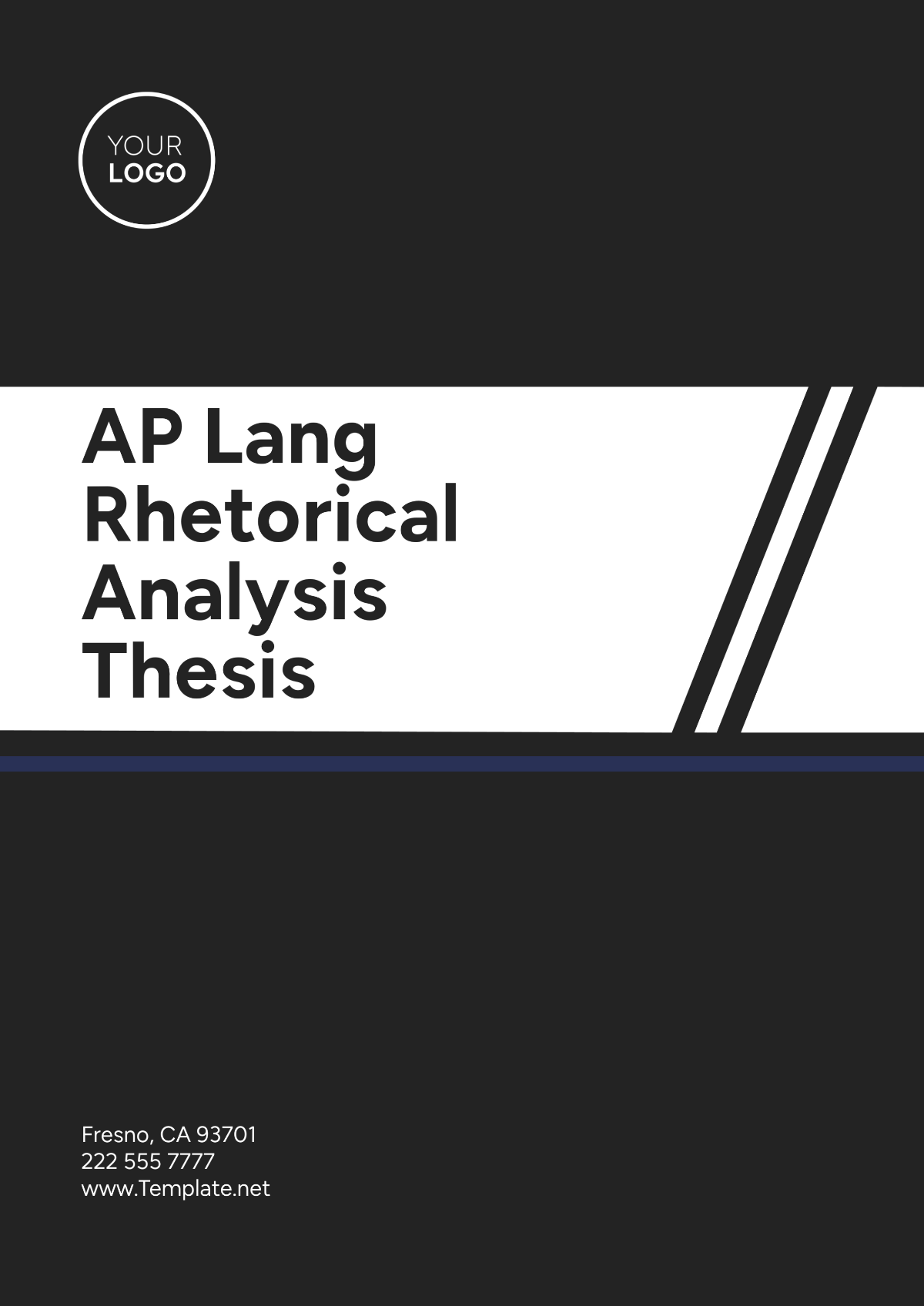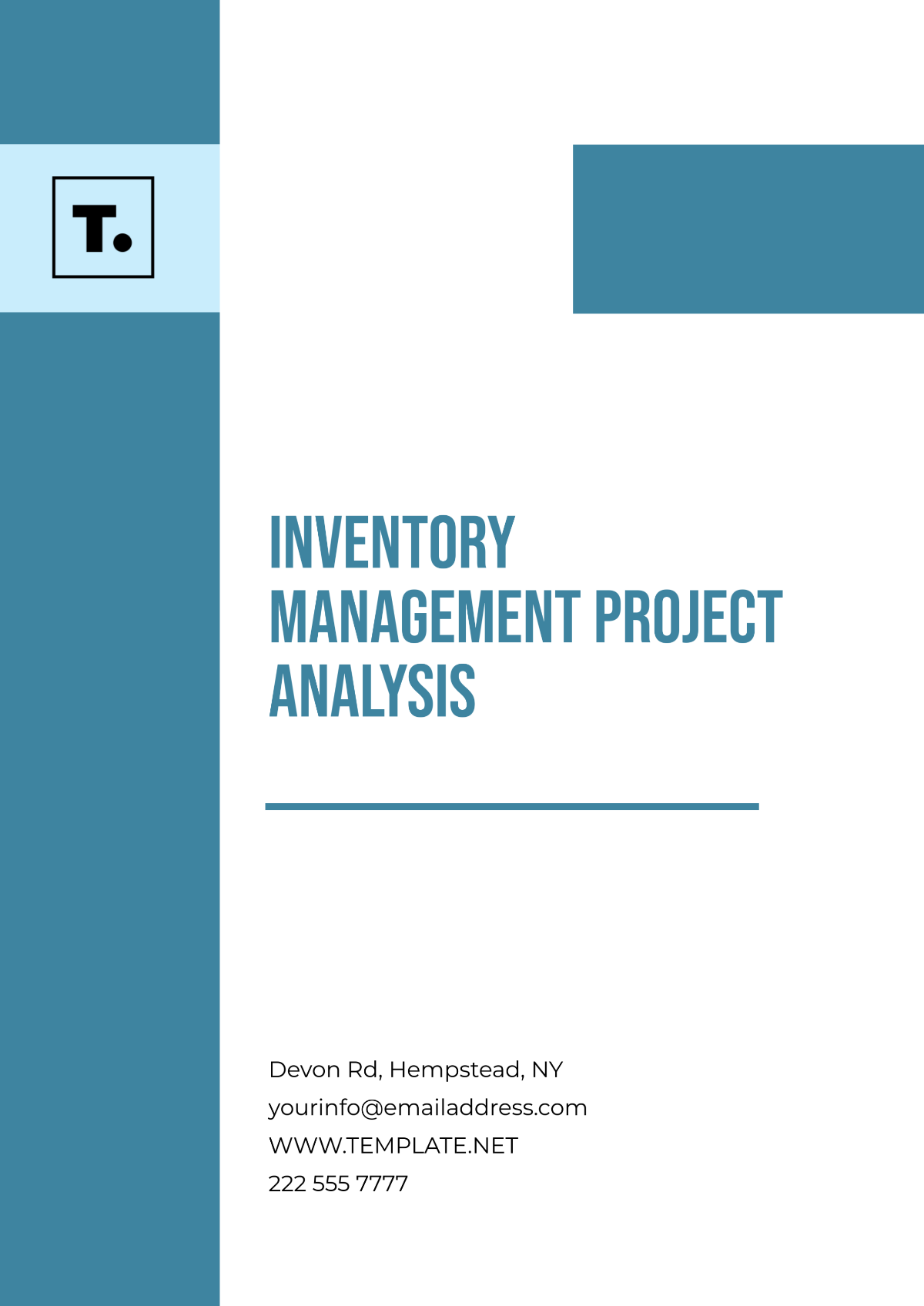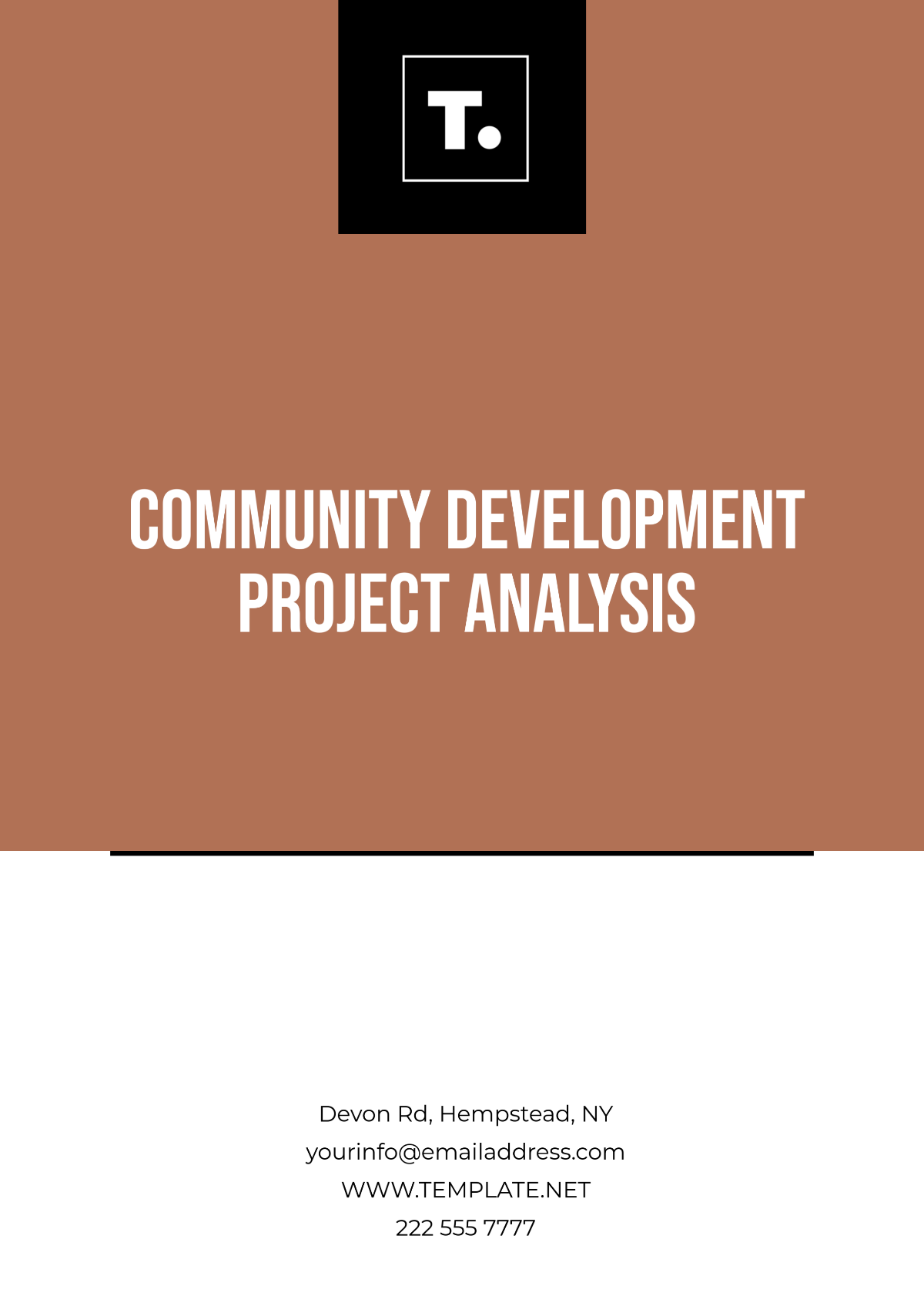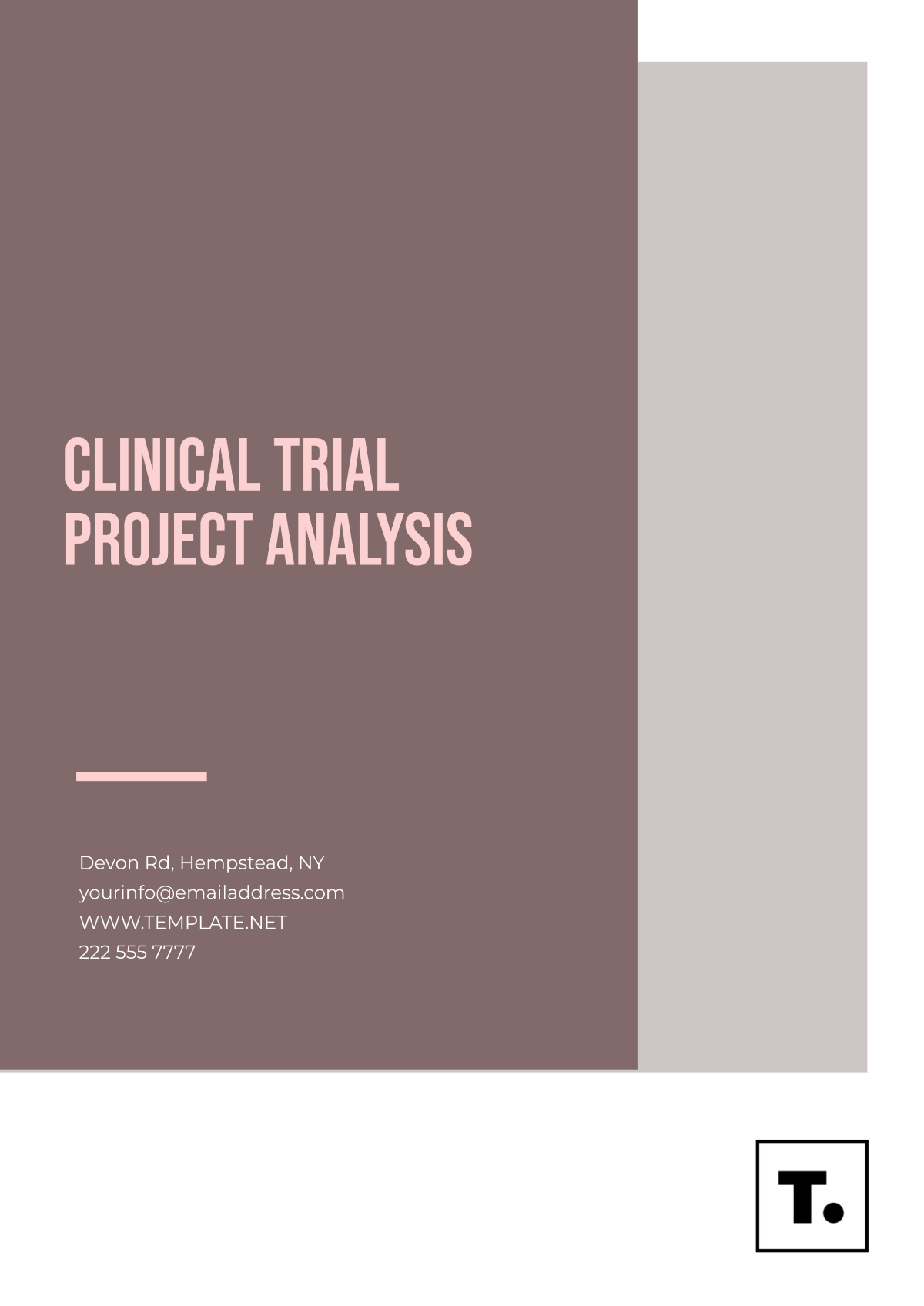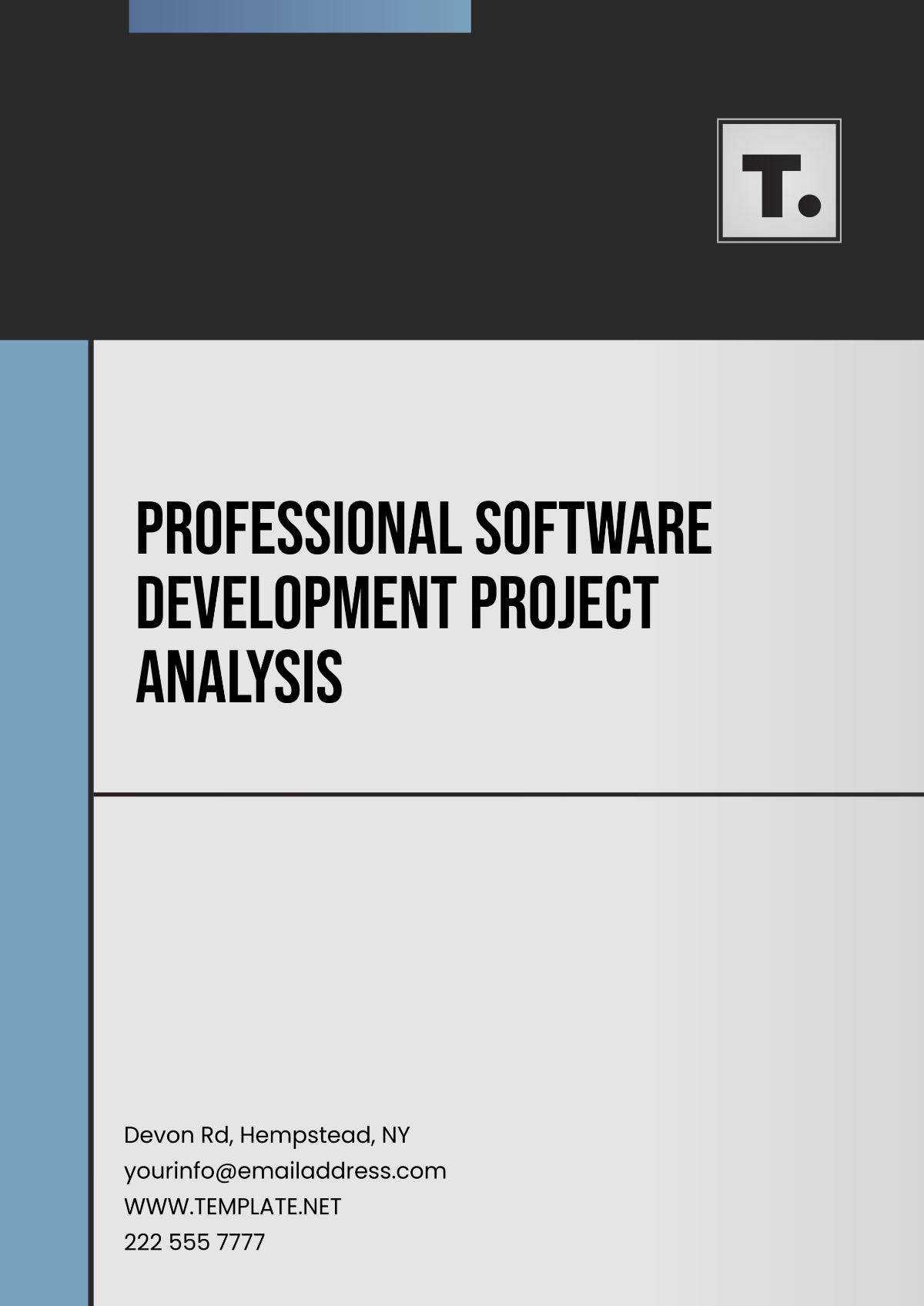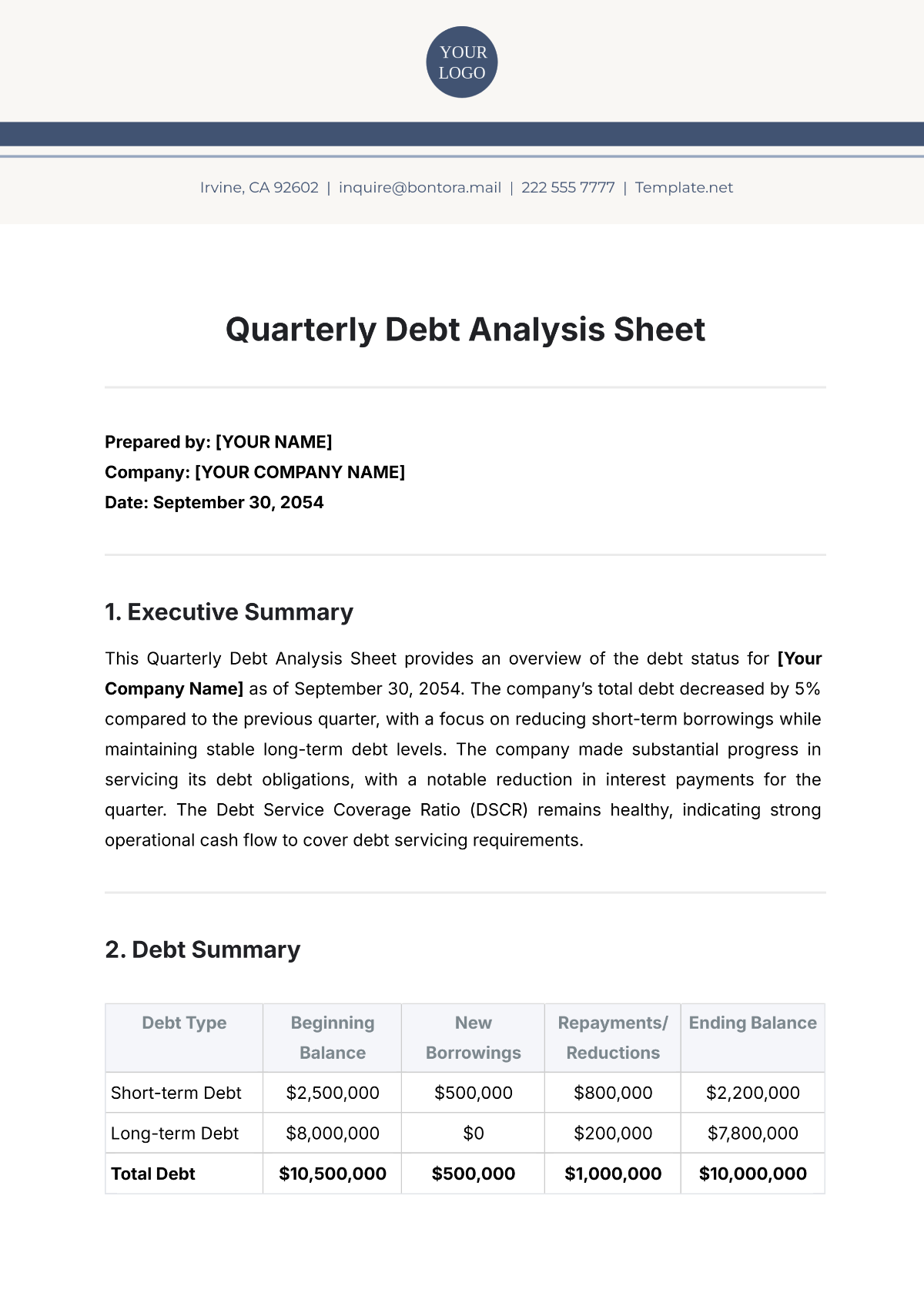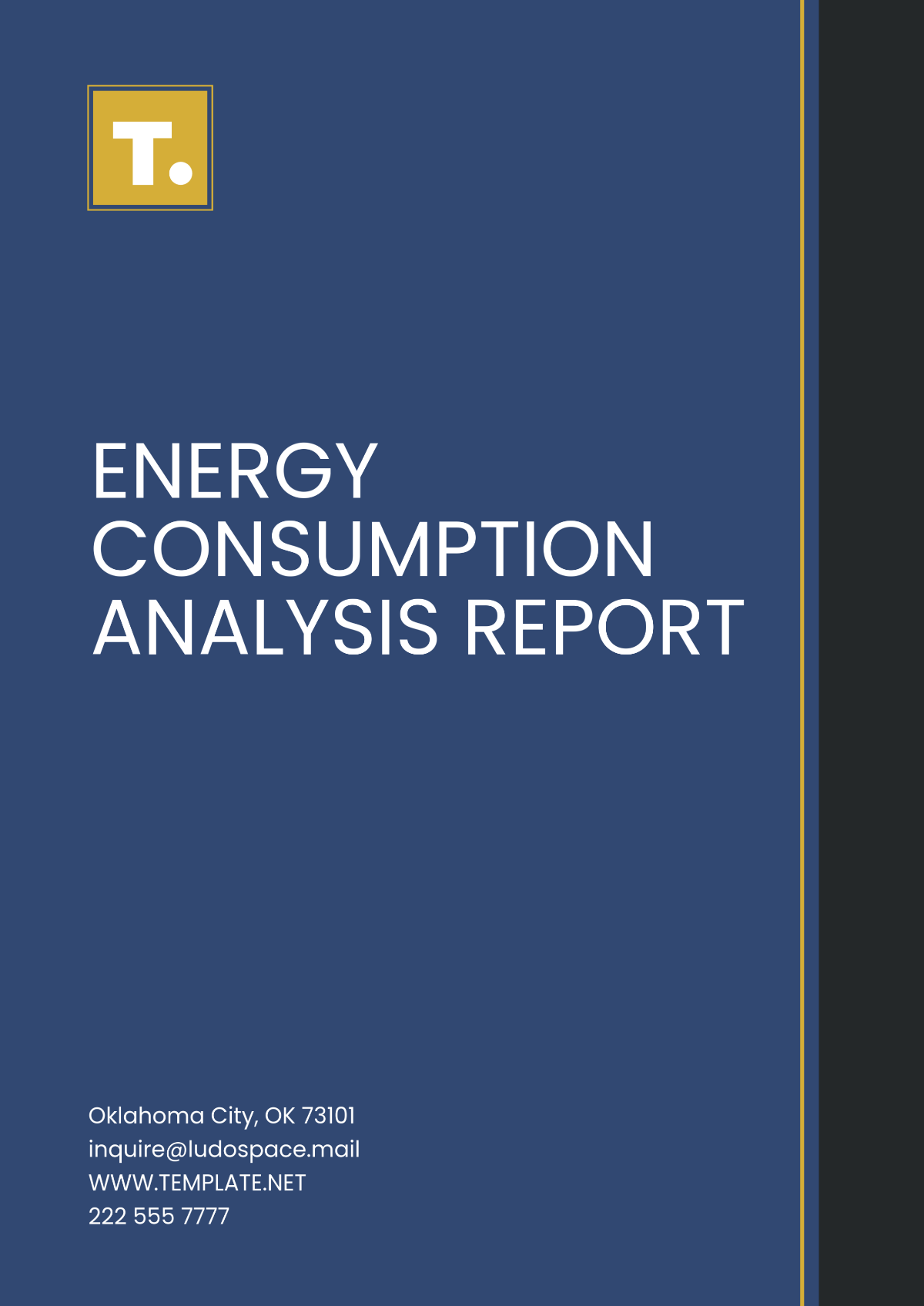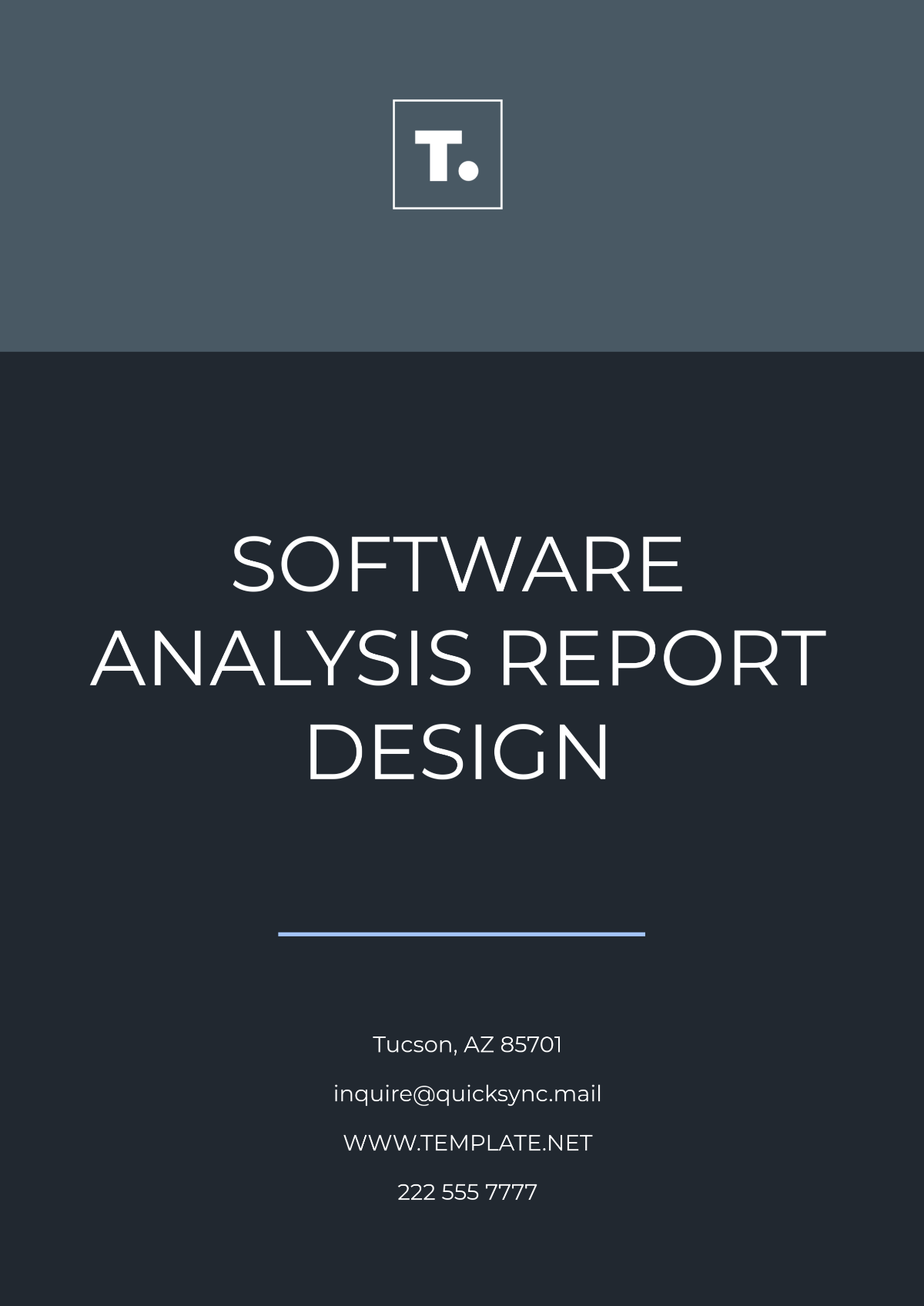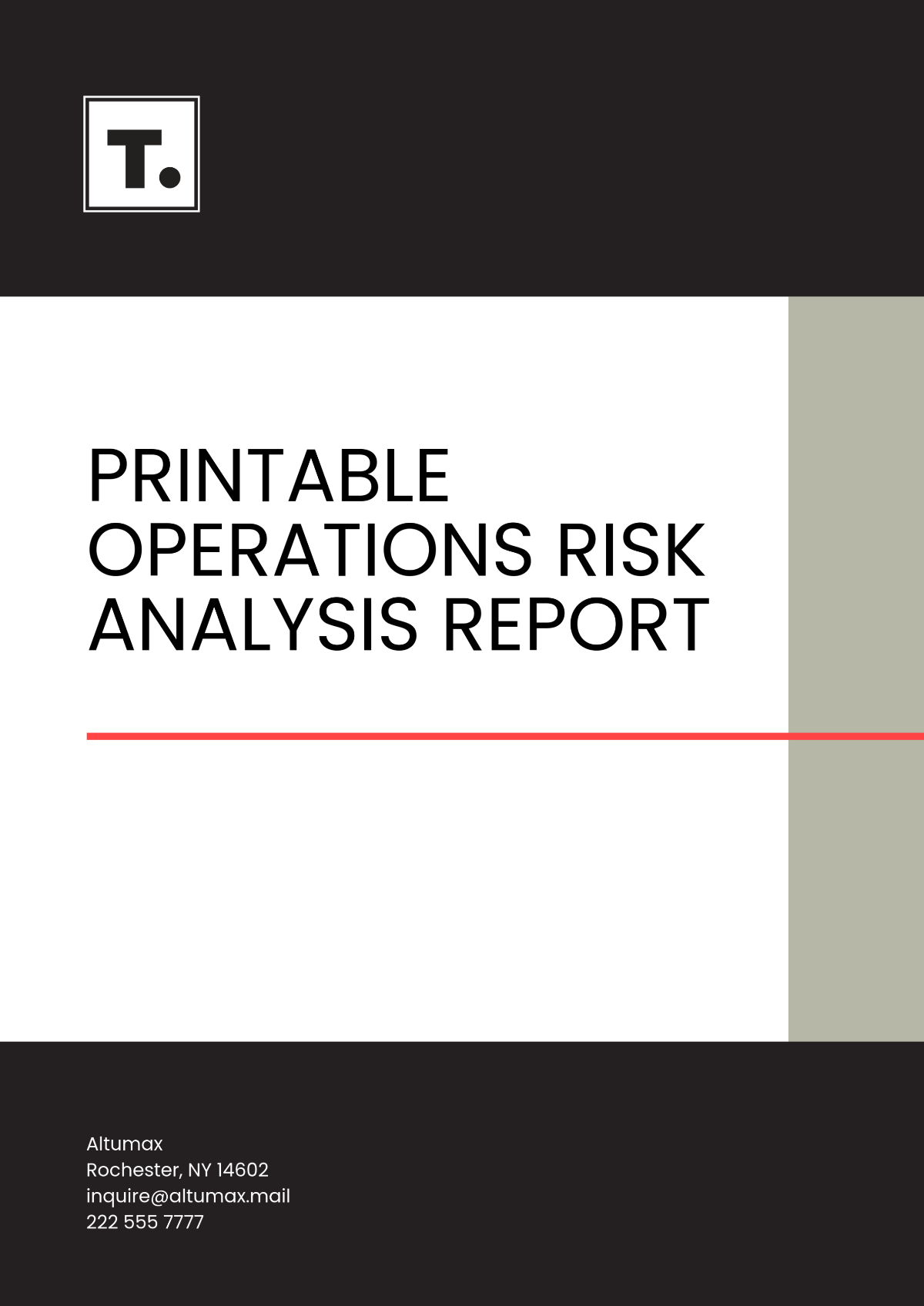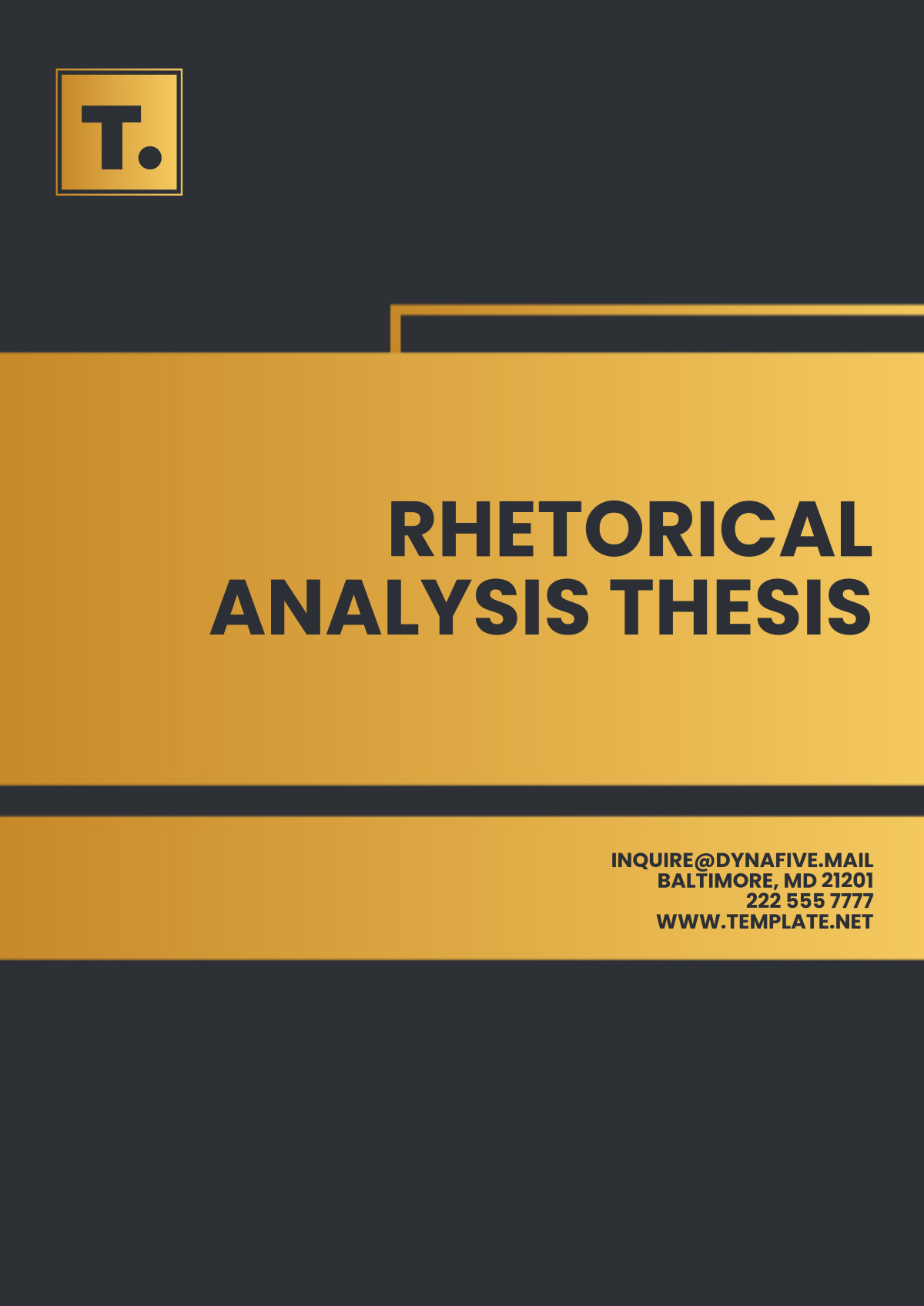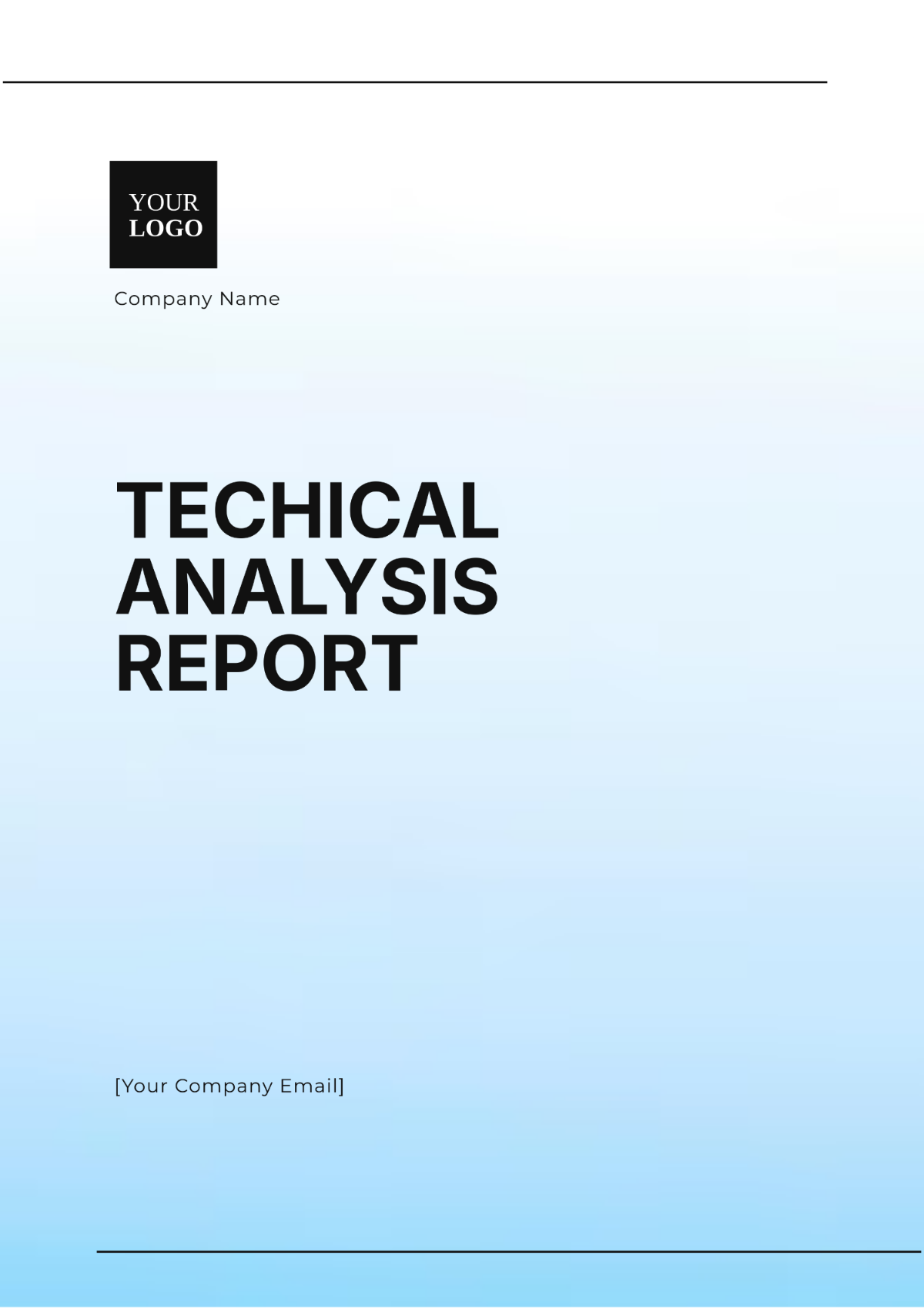SIMPLE THESIS PROJECT ANALYSIS
Prepared By: [Your Name]
Date:[Date]
Introduction
This analysis provides a structured framework for understanding the essential components and implications of a simple thesis project. By delving into each section in detail, this document aims to guide readers in effectively constructing and analyzing a thesis project, ensuring it adheres to academic standards and contributes meaningful insights to its field of study.
Objectives of the Thesis
The primary aim of a thesis project is to investigate a specific research question or hypothesis within a chosen field of study. This analysis highlights the following objectives:
Developing a comprehensive understanding of the research topic.
Conducting a thorough literature review to identify gaps in existing knowledge.
Formulating a clear and concise research question or hypothesis.
Employing appropriate research methodologies to collect and analyze data.
Drawing well-substantiated conclusions that address the research objectives.
Methodology
The methodology outlines the research design and methods employed to achieve the objectives of the thesis. This analysis evaluates the suitability and rigor of the methodology through the following components:
Research Design
The research design serves as the blueprint for data collection and analysis. It can be qualitative, quantitative, or mixed-methods, depending on the nature of the research question and objectives.
Data Collection Methods
Effective data collection is critical for ensuring the validity and reliability of research findings. Common methods include surveys, interviews, experiments, and observational studies. Key considerations include sample size, sampling techniques, and the appropriateness of data collection tools.
Data Analysis Techniques
Data analysis involves interpreting collected data to derive meaningful insights. Quantitative studies may use statistical analysis, while qualitative research may involve thematic or content analysis. The chosen techniques should align with the research design and objectives.
Literature Review
The literature review critically examines existing research and theoretical frameworks related to the thesis topic. This analysis focuses on:
Identifying key themes and trends in relevant literature.
Highlighting gaps, inconsistencies, and controversies in existing research.
Establishing a theoretical foundation for the thesis.
Justifying the relevance and originality of the research question.
Results and Discussion
The results and discussion sections present and interpret the research findings. This analysis evaluates the effectiveness of these sections in:
Clearly presenting data through tables, graphs, or charts as necessary.
Interpreting findings in relation to the research question and objectives.
Discussing the broader implications of the findings within the field of study.
Acknowledging research limitations and proposing areas for future exploration.
Conclusion
The conclusion synthesizes the research findings and reflects on how the thesis objectives were achieved. It is crucial to emphasize the significance of the research within academic and practical contexts and propose actionable recommendations based on the outcomes.




